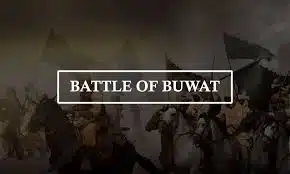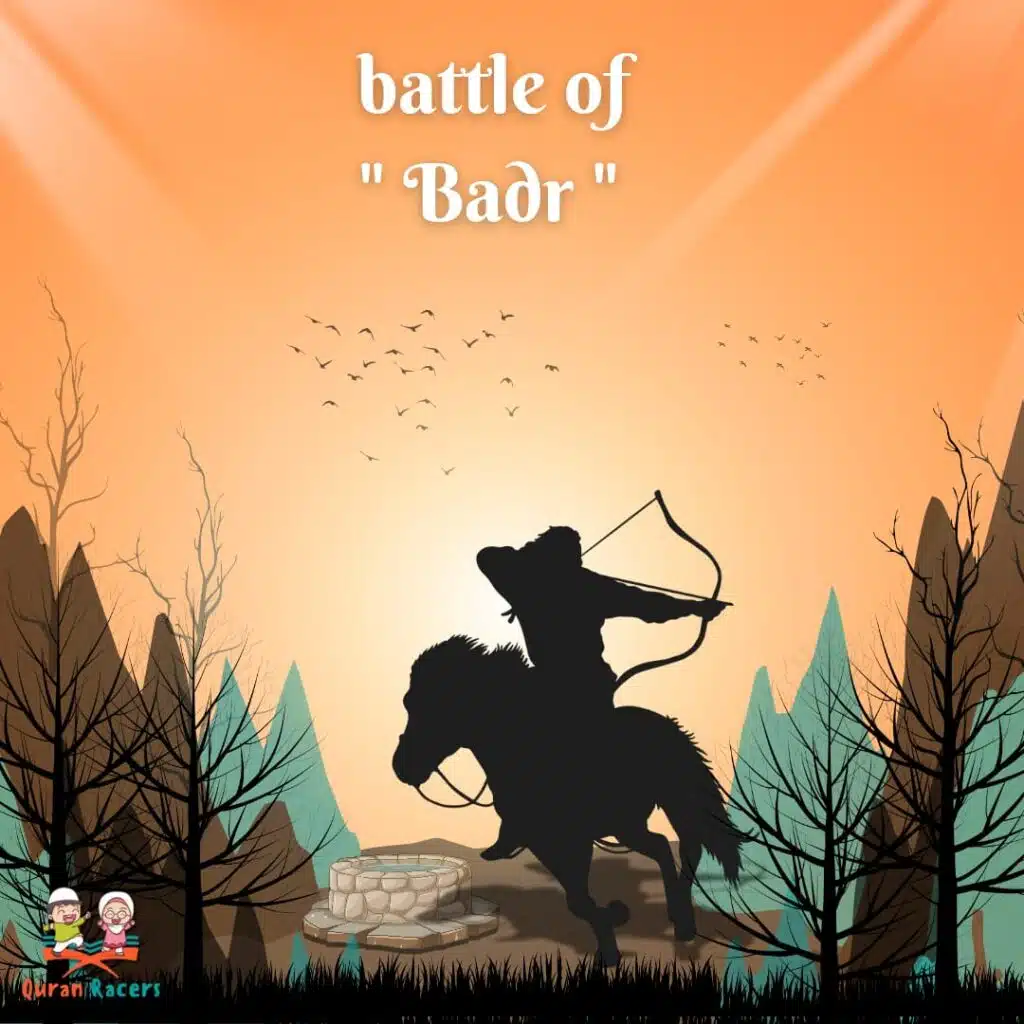When Intentions Were the Real Victory 🐪
📅 Year: 2 AH | Location: Buwat, near Yanbu’ in the Arabian Peninsula
🌟 Introduction: No Swords, No Blood — But a Heartfelt Mission
The Battle of Buwat was not a battle in the traditional sense. No swords clashed, no blood was spilled — but it was still one of the formative moments of Islamic strategy and leadership.
This was a campaign of pure intention, strategic readiness, and the kind of patience that defines prophetic leadership. Though it ended without physical confrontation, the Battle of Buwat helped establish the Muslims’ rising presence in Arabia.
Let’s dive into the story that teaches us: sometimes, simply showing up is the victory.
🚶♂️ The Context Behind the Battle
In the early days of Islam in Madinah, the Quraysh:
-
Continued economic warfare against Muslims
-
Blocked trade routes to pressure the new Islamic state
-
Sponsored tribes to stir unrest
The Prophet Muhammad ﷺ began launching preemptive patrols to protect Muslim interests and assert their right to move freely.
One of those patrols was the Battle of Buwat.
🏕️ The Mission of the Battle of Buwat
The Prophet ﷺ received intelligence about:
-
A caravan led by Umayyah ibn Khalaf, guarded by 100 Quraysh men, carrying massive trade wealth — around 2,500 camels.
This was a strategic opportunity to intercept resources fueling the oppression of Muslims.
So, the Prophet ﷺ set out with 200 Companions to Buwat, a spot northwest of Madinah near the Red Sea caravan route.
This became known as the Battle of Buwat.
No Enemy Encountered ❌
By the time the Muslim army reached Buwat, the caravan had already passed — or changed route upon hearing of their approach.
There was no confrontation.
No fighting. No spoils. No drama.
Yet the Prophet ﷺ turned around with a calm heart and clear purpose.
To the eyes of the world, the Battle of Buwat may look like “nothing happened.”
But to the believers, everything happened — intention was tested, obedience was practiced, and a new phase of Muslim presence was declared.
🧠 Why the Battle of Buwat Still Matters
-
It was a public show of Muslim readiness
The Quraysh realized that the Muslims were no longer vulnerable or passive. -
It gave the Prophet ﷺ vital strategic insights
Studying terrain, trade routes, and tribal movements helped in future campaigns. -
It taught discipline and unity
Marching in the desert for days and returning without question showed true submission. -
It emphasized that rewards lie in the effort, not just the outcome
The Battle of Buwat highlighted the prophetic lesson: “Actions are by intentions.”
📜 A Glimpse into the Prophet’s Leadership
The Battle of Buwat showcases the Prophet Muhammad ﷺ’s ability to:
-
Make calculated decisions
-
Lead without the need for bloodshed
-
Manage disappointment without blame
-
Keep morale high even when plans shift
This campaign was one of the many that laid the foundation for future victories like Badr and Uhud.
Lessons from the Battle of Buwat 💡
-
Sincerity counts more than spectacle
Success isn’t always public — sometimes, it’s what happens in the heart. -
Showing up is part of jihad
The march itself was an act of strength and preparation. -
Leadership means consistency
Even in “small” moments like the Battle of Buwat, the Prophet ﷺ modeled discipline and vision.
Quran Racers Academy – Building Hearts That Understand Intentions 🎓
At Quran Racers, we teach students not just what happened — but why it matters.
From the Battle of Buwat, they learn:
-
That victories are sometimes invisible
-
That obedience matters, even when there’s no reward in sight
-
That Islamic history is full of quiet strength
We’re building Muslims who walk with purpose, not just performance.
Conclusion: A March That Mattered 🕊️
The Battle of Buwat didn’t fill pages with heroism or spoils — but it filled the hearts of believers with conviction.
Victory isn’t always about beating enemies.
Sometimes, it’s just about standing ready, staying sincere, and walking the path even when the destination shifts.
That… is the true spirit of a believer.












